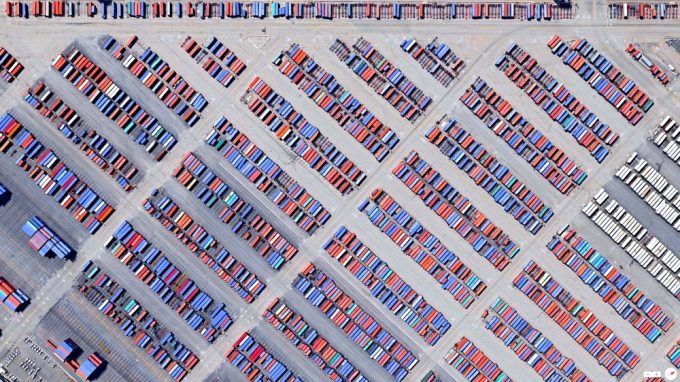'Tariff today, gone tomorrow' taking transpac box trade to the brink
Is Trump taking us back to tramp shipping?

Shippers and BCOs at the JOC TPM Conference in Long Beach this week are almost unanimously furious that carriers are “profiting at their expense” from port congestion at the San Pedro Bay ports.
They are also up in arms about the decision of some shipping lines ...

Comment on this article
Gary Ferrulli
March 07, 2019 at 4:18 pmHave the read the carrier financials lately – profit from?? from what, they’ve lost $30.
Billion in last 10 years
Jamie Furgeson
March 07, 2019 at 4:40 pmCarriers profiting from port congestion? How dare the liner industry try to turn a profit? Are they mad?? After investing billions in new assets and realigning their operations and VSA arrangements (multiple times) for the sake of survival why would any business want a profit. The congestion, driver and chassis shortages are all the liners fault? you really think so? Try again. Reality check shipping public, wake up! Companies are in business to sustain themselves while serving you. I admit the new generation of liners marketing and sales force cannot even begin to negotiate there way out of a wet paper bag, more less then negotiate and sustain a profit margin to keep them afloat. They are bleeding out daily because of poor business practices and loss of their expertise from years back. The next generation is at the helm and I have not been impressed for years by their lack of knowledge and ability to negotiate a fair rate and sustain it. Everyone is worried about what the next guy is doing, more so then their own bottom line. The collapse of Hanjin didn’t send a message? come on….what do we need, 3-4 more Hanjin’s to have your cargo arrested and held for months again? What a short term memory…and how forgiving. Why not add another Euro to each package sold so your ocean carriers can continue to survive while providing you the service you require. You will save millions in demurrage and delays, time to think before we go looking for a scapegoat, work smart. This poor attitude and lack of experience by the new shipping public will only create more and worse problems down the road, a fair wage for a fair job. It’s win/win, now that’s called negotiation……